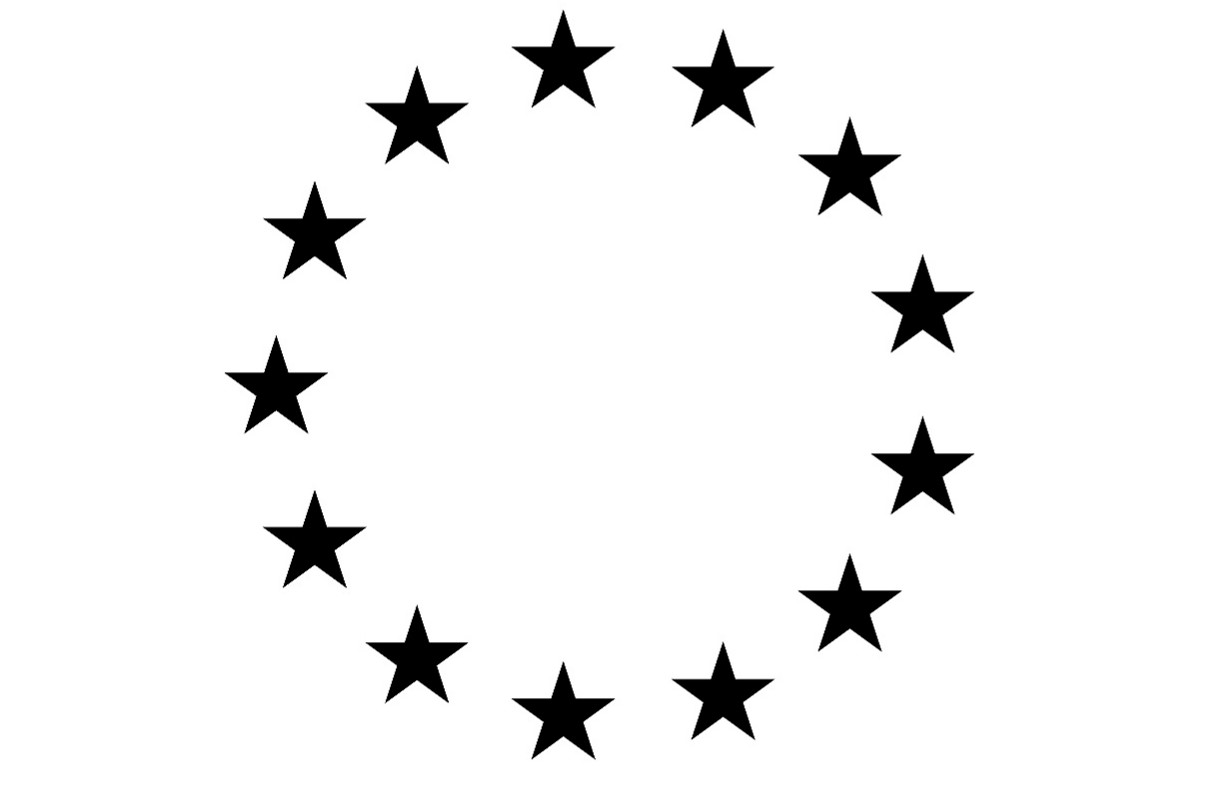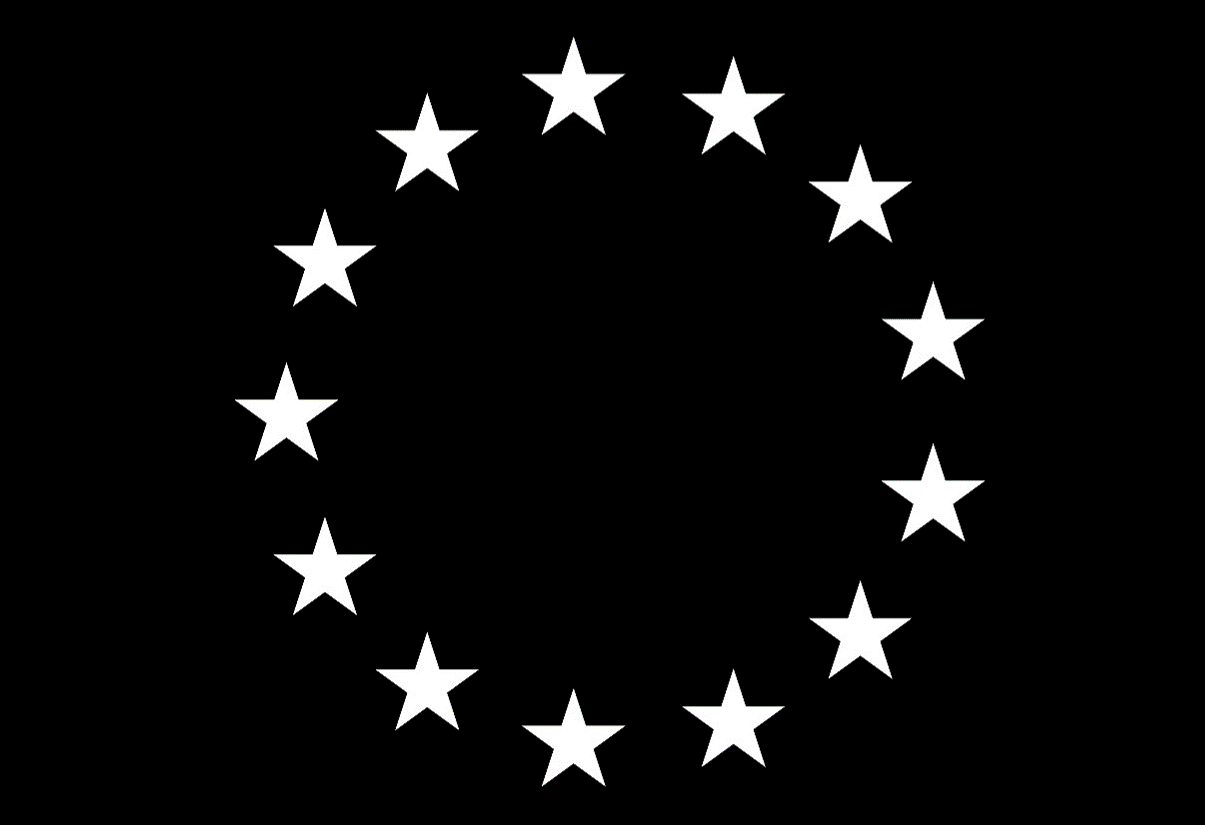OEMs & Tier1 companies are moving towards 800V technology, to ensure faster EV charging & longer range, however, higher voltages stress primary insulation (even more) & can cause partial discharge leading to motor failure. To avoid this, modern stator design concepts use rectangular wires in hairpin or wave windings with a thicker insulating layer; which are coated with fluoropolymers. However, these are rather soft materials & have relatively poor resistance to abrasion & minor clamping force. In addition, they show low adhesion & are difficult to extrude. In comes Italy & Germany-based Tau, with its “DryCycle” technology, which allows wire coating with PFA, PTFE, ETFE & other fluoropolymers, with no solvents or primers (instead, solid-state dry varnishes, which also prevent VOC emissions). Tau’s PFA coated wire has a much lower level of partial discharge; 75% less than PAI-coated & 30-40% less than PEEK-coated wire. Moreover, it has a high filling factor, greater temperature resistance, high-voltage & frequency optimization. All this combined could “double an electric motor’s power output, without changing their size”. Tau has also developed its own quality control “LILIT” technology to assure the reliability of the polymeric insulation. The firm is now prepping for industrial scale production of its winding wire in Italy, with worldwide deliveries by 2024. In addition, Tau has partnered with Additive Drives to build the first stator with Tau wire (this confirmed that Tau wire can be processed, allows for a smaller bending radius of the wire in the stator, lower friction & a higher electrical fill factor). In a nutshell, Tau – founded in 2014 by Francesco Taiariol (CEO) & Piero Degasperi (CTO) – “provides e-mobility with the winding wire it needs”. Are you interested to learn more about the “winding industry”? Tau & its peers will exhibit at Coiltech Deutschland in March 2023. <Source: prnewswire.co.uk, pitchbook.com, techcrunch.com>


